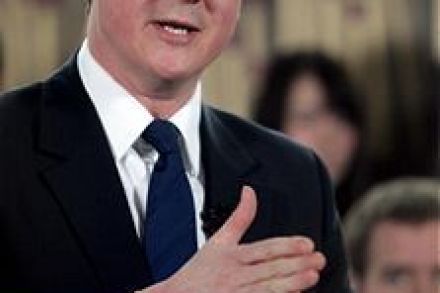The separation of powers
If you want to understand what the Cameroon’s are thinking, Danny Finkelstein is essential reading. He used to work with them and he thinks like them, there is almost a mind meld between him and them. His column today is all about why it would make more sense to actually separate out parliament and the executive and elect the head of state. I’m rather sympathetic to this point of view, but I don’t think the Tories will do anything this radical even if they talk about it in private. One thing they might well do, though, is have ministers who aren’t members of either the Commons or the Lords.















